GitHub and GitLab are popular developer tools constructed on the Git structure that assist designers team up, handle code repositories, simplify workflows, and more. This guide will break down GitHub and GitLab in regards to their functions, pros, cons, and rates so you can select the much better suitable for your requirements.
- GitHub: suitable for those looking for a designer tool with a big neighborhood for assistance, substantial documents, smooth combinations, and an easy to use user interface.
- GitLab: a terrific alternative for those looking for an all-in-one software application advancement service with task management and integrated CI/CD and DevOps workflows, self-hosting, and more control.
Dive to:
GitHub
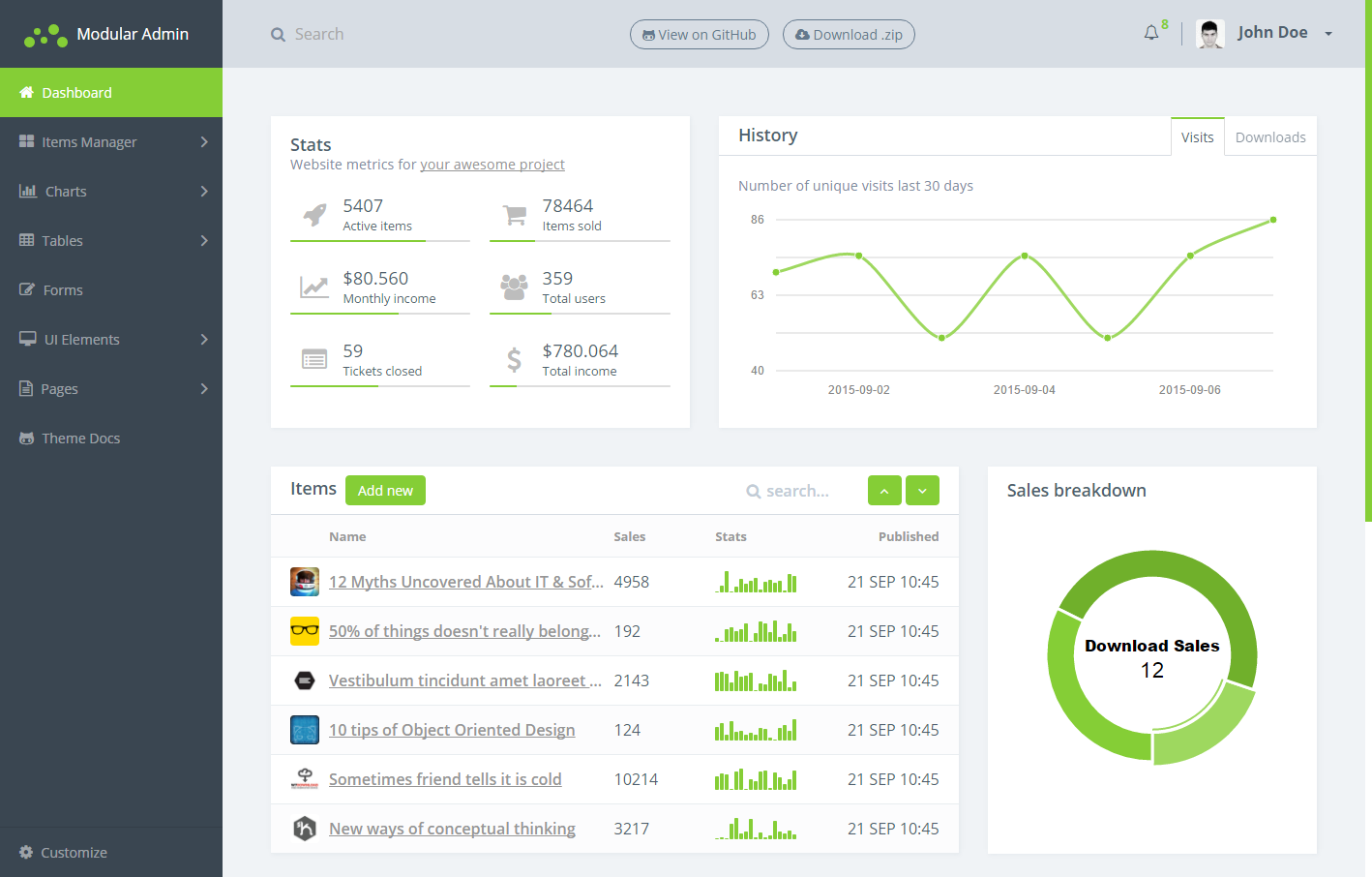
GitHub is a variation control and cooperation platform. It is perfect for designers requiring effective code management and engagement with a big, faithful neighborhood.
Functions of GitHub
A few of GitHub’s leading functions consist of:
- Repository hosting
- Concern tracking
- Cooperation
- Code search
- Pull demands
- Third-party combinations
With GitHub, designers can produce and host Git repositories for variation control, codebase management, and much better code cooperation, as developers can quickly share code and deal with codebases together. It has an integrated problem tracker for handling and tracking bugs, jobs, and function demands, plus has points out, remarks, and conversations together with the codebase for hassle-free cooperation.

The code search function lets designers rapidly discover bits, files, and referrals in a code repository, and pull demands assist in faster code evaluation and foster a lot more code cooperation amongst the group. GitHub likewise provides smooth combinations with lots of third-party designer tools and services, consisting of notables like Slack, CircleCI, Jira, and ZenHub
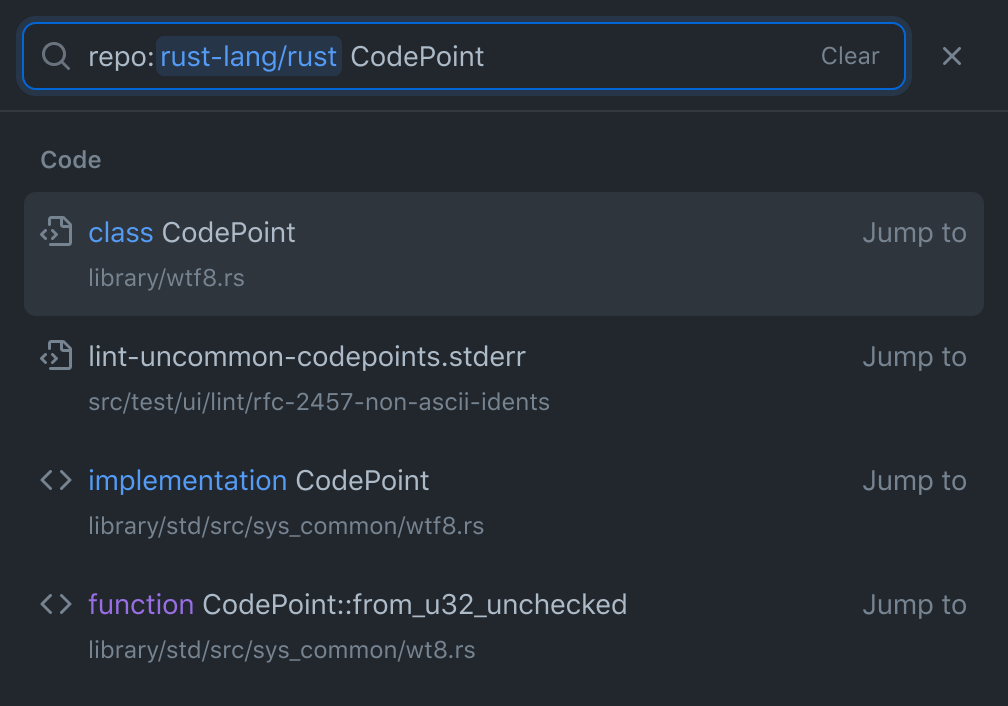
Pros of GitHub
GitHub’s pros consist of:
- Big open-source neighborhood
- Smooth combinations with popular designer tools
- Group cooperation
- Comprehensive documents and assistance
GitHub’s big and faithful following makes it simpler for users of the developer tool to team up with other designers, share code, get assistance when required, and network with other IT specialists. It incorporates effortlessly with a lot of third-party designer tools to extend its performance with release automations, code quality, and code screening. GitHub is among the leading cooperation tools for coding, particularly for remote designers, thanks to its CodeSpaces advancement environment. And its documents is difficult to beat when you require included details by means of tutorials, guides, resources, and videos.
Cons of GitHub
GitHub’s cons consist of:
- Knowing curve
- Expense for personal repositories
- Minimal self-hosting
- Depends on combinations for some functions
Beginners might have problem getting utilized to GitHub, as it has a high knowing curve and can appear frustrating initially, particularly concerning what some call “unintuitive” commands. Specific designers or little groups trying to find included personal privacy might experience some sticker label shock when spending for personal repositories through GitHub. Another con or issue some have with GitHub is its absence of self-hosting alternatives. This can be a downer for groups trying to find total control over their information and facilities. Last but not least, GitHub’s heavy dependence on third-party combinations can be viewed as an unfavorable for groups looking for integrated performance.
GitHub Rates
GitHub is provided by means of 3 rates strategies:
- Free: Fundamental functions at no charge.
- Group: $3.67 per user, each month.
- Business: $19.25 per user, each month. Free trial offered.
GitHub’s Free strategy was constructed for people and software application advancement groups with restricted budget plans requiring standard functions. It provides 2,000 CI/CD minutes each month, 500MB of Bundles storage, limitless public and personal repositories, and neighborhood assistance.
The Group strategy is tailored towards people and software application advancement groups requiring sophisticated cooperation functions. It provides 3,000 CI/CD minutes each month, 2GB of Bundles storage, access to GitHub Codespaces, several customers in pull demands, code owners, needed audiences, safeguarded branches, draft pull demands, pages, wikis, and web-based assistance.
Business includes a totally free trial and is constructed for companies requiring versatile release and improved security and compliance. It provides 50,000 CI/CD minutes each month, 50GB of Bundles storage, user provisioning, single sign-on, GitHub Link, advanced auditing, audit log API, and a Business Represent main management.
GitHub likewise provides the following add-ons:
- GitHub Copilot: Begins at $10 each month after a 30-day trial.
- Codespaces: Begins at $0.18 per hour of calculate and $0.07 per GB of storage.
- Big File Storage: $5 each month for 50GB of storage and 50GB of bandwidth.
- GitHub Advanced Security: $49 per active committer, each month.
Check Out: GitHub Issues Evaluation
GitLab
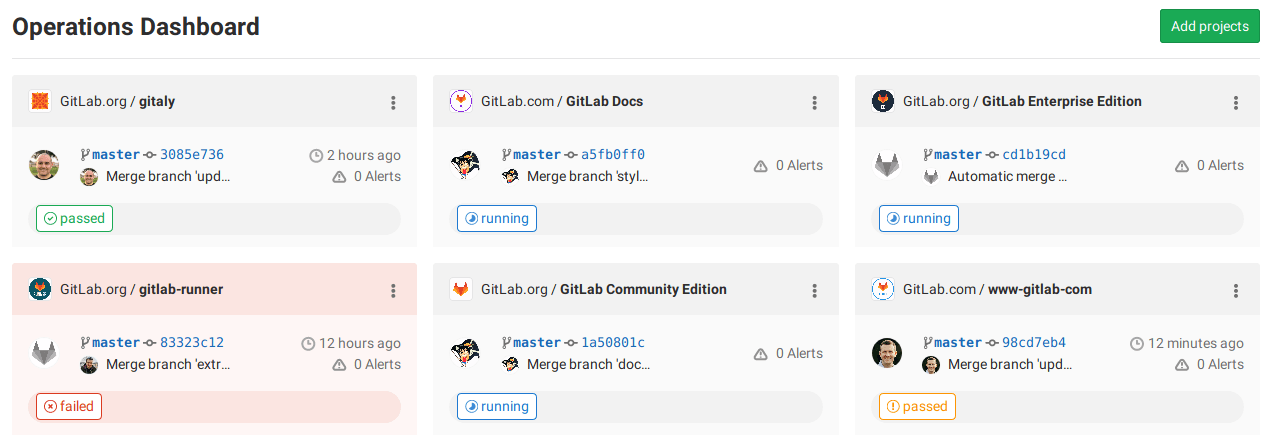
GitLab is a variation control, CI/CD, and cooperation platform suitable for designers aiming to enhance interaction and simplify their advancement lifecycle.
Functions of GitLab
A few of GitLab’s leading functions as a designer cooperation and coding tool consist of:
- Integrated CI/CD tools
- Combine demands
- Concern and bug tracking
- Task management built-in
- Pipeline automation
Designers can utilize GitLab to automate the screening, structure, and release of their code modifications thanks to its incorporated CI/CD pipelines. Its combine demands streamline code evaluation and promote group cooperation by letting designers propose modifications, begin discussions, and combine code after approval.
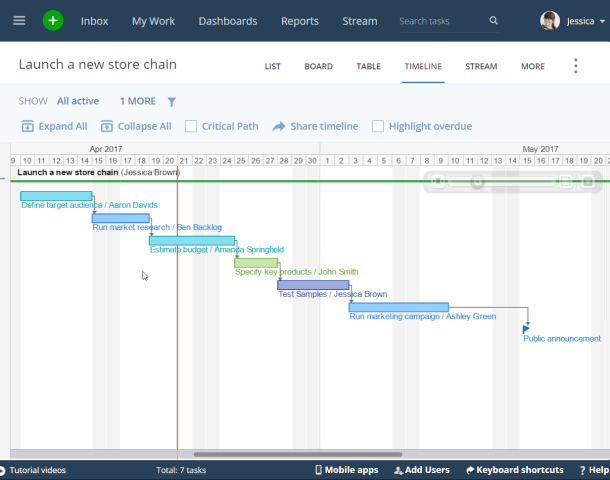
GitLab provides detailed problem tracking, plus task management abilities for tracking development, arranging jobs, assigning resources, and boosting interaction. Its Automobile DevOps function lets groups focus more on coding and less on complicated pipeline management by automating a number of phases of the advancement lifecycle, such as screening, structure, and release.
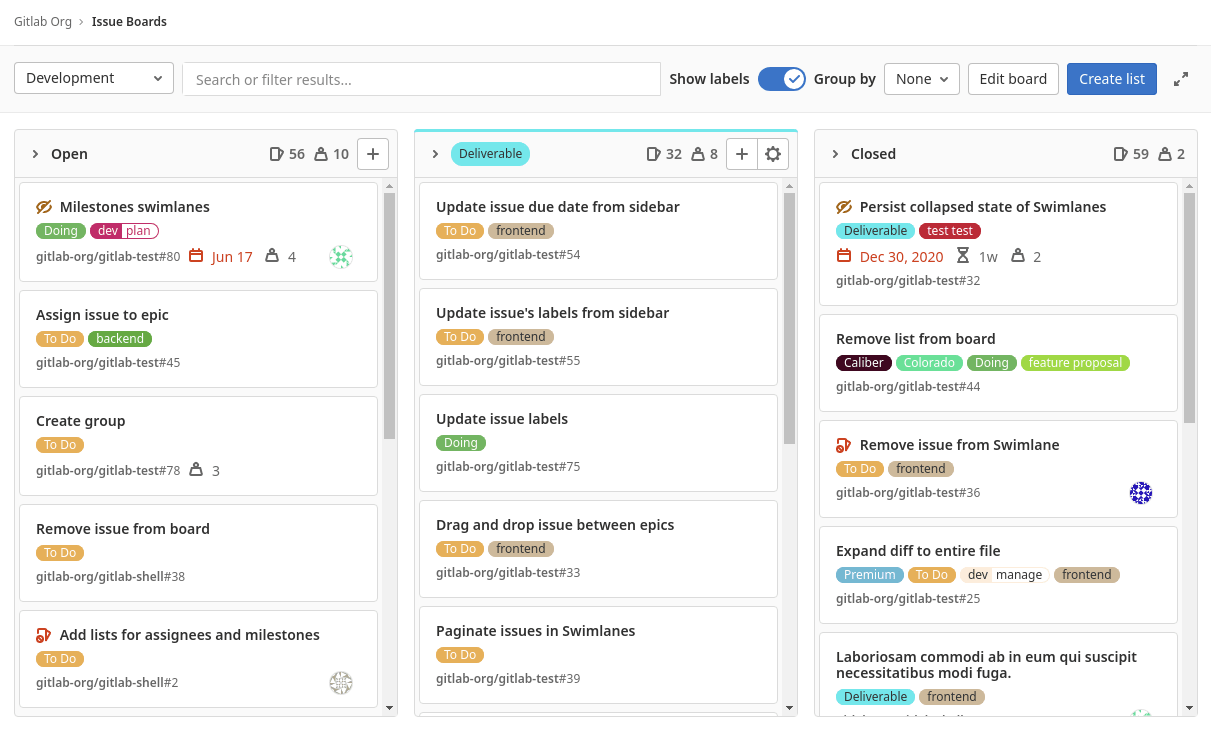
Pros of GitLab
GitLab’s strengths consist of:
- Hosting versatility
- Totally free personal repositories
- Integrated CI/CD
- All-in-one advancement platform
GitLab provides hosting versatility with all of its strategies, enabling designers to select in between SaaS for lessening technical setup and upkeep or self-managed setups for more control. Endless totally free personal repositories are another terrific function, and the automations designers can take pleasure in from the developer tool’s CI/CD abilities and DevOps workflows make life a lot easier. GitLab’s all-in-one nature that combines a number of DevSecOps abilities for optimum performance and minimum context changing into one designer tool might be its most substantial plus of all.
Cons of GitLab
GitLab’s weak points consist of:
- Interface
- Efficiency concerns
- Knowing curve
- Minimal combinations
GitLab’s interface has actually been kept in mind for being non-intuitive, out-of-date, and even slow sometimes compared to comparable designer tools. Efficiency can suffer when handling large CI/CD work or big repositories. While having actually lots of incorporated functions is a plus, a lot performance might appear frustrating to novices. Hence, GitLab has a high knowing curve for some. Some users have actually likewise revealed a desire for more third-party combinations.
GitLab Rates
GitLab lets software application advancement groups select in between SaaS and self-managed alternatives. The designer tool is provided by means of 4 rates strategies:
- Free: Necessary functions at no charge.
- Premium: $29 per user, each month.
- Ultimate: $99 per user, each month.
- GitLab Dedicated: Custom-made rates.
The Free strategy provides important functions for approximately 5 specific designers, consisting of 5GB of storage, 10GB regular monthly transfer, and 400 regular monthly calculate minutes. The Premium strategy is for software application advancement groups requiring improved coordination and group performance. It includes 50GB of storage, 100GB regular monthly transfer, 10,000 regular monthly calculate minutes, combine demands with approval guidelines, advanced CI/CD, business Agile preparation, code ownership, safeguarded branches, and assistance.
The Ultimate strategy provides organization-wide compliance, preparation, and security. It consists of 250GB of storage, 500GB regular monthly transfer, 50,000 regular monthly calculate minutes, security control panels, container and reliance scanning, totally free visitor users, worth stream management, multi-level legendaries, vibrant application security screening, and recommended customers.
GitLab Committed needs a dedication of 1,000 seats. It is completely handled by GitLab and consists of enterprise-grade security, complete source code and information seclusion, information residency, and routine upgrade cadence.
You can find out more by reading our GitLab Task Management Evaluation
What to Search For in Variation Control and Cooperation Software Application
When searching for variation control software application or code cooperation tools like GitHub and GitLab, search for evaluations on:
- Efficiency
- User-friendliness
- Client and neighborhood assistance
Likewise take a look at the user interface to guarantee whatever you select is trustworthy and simple to utilize. Examine to guarantee there is a totally free variation or totally free trial to attempt the software application without needing to invest any cash. And, if selecting a paid strategy, make certain it fits your spending plan.
Functions to search for consist of:
- Cooperation (pull demands, code evaluations, and so on)
- A robust variation control system like Git
- Smooth combination with CI/CD pipelines and other designer tools and services
- Modifications
- Gain access to control and security
- Reporting and analytics
Scalability ought to be thought about for groups with growing tasks, as ought to hosting alternatives for very little upkeep or included control (cloud-based versus self-hosting).
Last Ideas on GitHub Versus GitLab
Both GitHub and GitLab are strong cooperation and coding tools. Which is the very best suitable for you? If you wish to meddle open-source advancement and choose a big neighborhood of designers for assistance and resources, limitless personal repositories, smooth third-party combinations for included performance, an outstanding coding cooperation tool, and speed, select GitHub. And if you desire integrated CI/CD, problem tracking, modification, advanced security, task management, and dependability, select GitLab.
Next Actions
Now that you have actually evaluated GitHub and GitLab, you might wonder about other designer, cooperation, and task management tools. We have a number of other item round-ups to assist your expand your designer toolkit, which we highlight listed below:
.